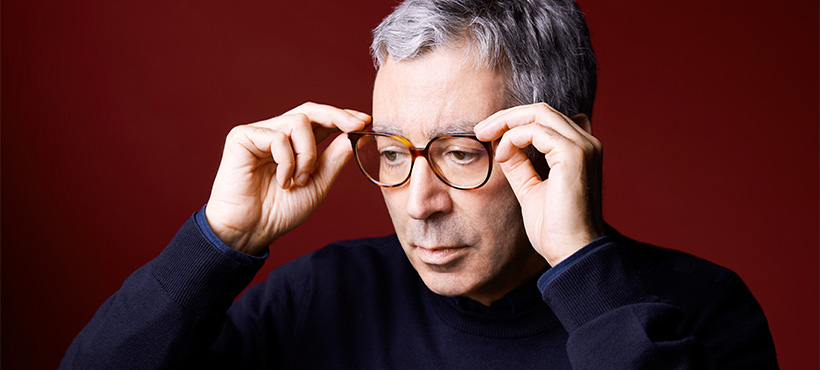Didier Eribon
Universitätsplatz Heidelberg
- A worker. Life, old age and death
- Literature
Didier Eribon had actually planned to travel to Fismes regularly from now on. But his mother died a few weeks after moving into a nursing home in the small town in Champagne. As in his autofictional essay Return to Reims, this turning point becomes the starting point for a journey into the past. Eribon reconstructs the biography of a woman determined by scarcity and constraints, who remained chained to a brutal husband and even had to be modest in her dreams. “My mother,” he notes, “was unhappy all her life.”
Didier Eribon’s new book is highly political: he relentlessly exposes the extent to which politics, but also philosophy, and basically society as a whole, have long suppressed the scandalous situation of many old people. At the same time, he once again proves himself to be a great storyteller: using suggestive episodes and touching memories, he shows how important family and origins are for our identity. He buys a dialect dictionary so that he can once again hear his mother’s voice. In this way, the sociologist unfolds a portrait of a lost world: the milieu of the French working class – with its concerns, its solidarity, its prejudices.
Didier Eribon, born in Reims in 1953, is a French sociologist, author and philosopher. His mother worked as a cleaner and his father was a factory worker. He remembers his hometown “as a city of insults”, where he was belittled as a working-class child, but also because of his homosexuality. He succeeded in being admitted to study philosophy. Eribon worked as a journalist and published numerous books, including volumes of conversations and interviews with Claude Lévi-Strauss and Ernst Gombrich, as well as a highly regarded biography of Michel Foucault. His essay Return to Reims was received as a literary event and key text on the rise of right-wing populism.
A cooperation with the Deutsch-Französischer Kulturkreis (dfk) Heidelberg and feeLit. international literature festival Heidelberg.



